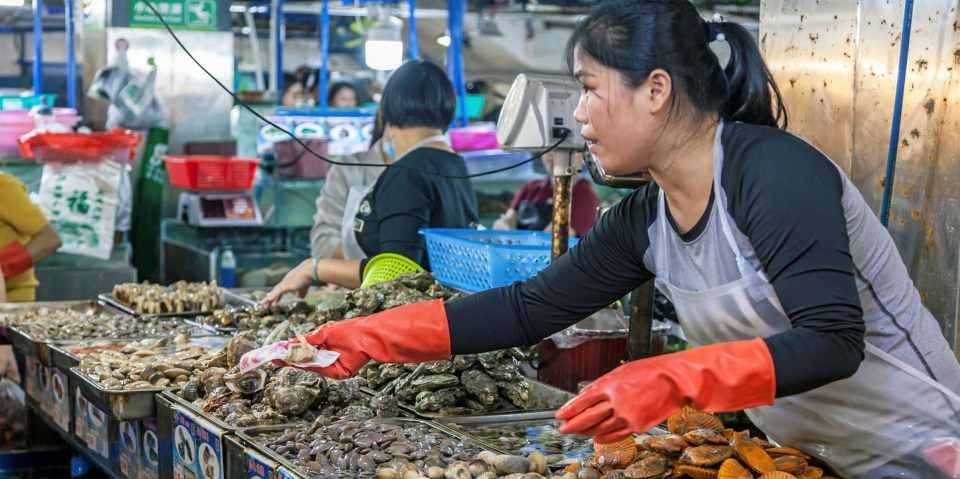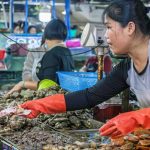China finds heavy traces of coronavirus in seafood, meat sections of Beijing food market. So, what happens when you ingest coronavirus through food?

It’s one thing to get coronavirus through airborne. It is another thing to ingest the virus into your body through food. Now, according to a report from Reuters, Chinese health authorities have found the trading sections for meat and seafood in Beijing’s wholesale food market to be severely contaminated with the new coronavirus and suspects the area’s low temperature and high humidity may have been contributing factors, officials said on Thursday.
Their preliminary report comes as the Beijing tackles a resurgence of COVID-19 cases over the past week linked to the massive Xinfadi food center, which houses warehouses and trading halls in an area the size of nearly 160 soccer pitches.
As we reported over the weekend, parts of Beijing were on lockdown after major new COVID-19 outbreak; fear of second wave after new confirmed cases appear for the first time in more than 50 days. The latest outbreak infected more than 100 people and raised fears of wider contagion in China.
So the question is, what happens in your body if you ingest coronavirus through food? According to medical experts, if you consume food that is contaminated with coronavirus, the acid in your stomach should inactivate the virus due to stomach acid being highly acidic (pH 2.0). So far, there is NO evidence that COVID-19 can start infecting a person through the GI tract. The only way to get sick during eating is if the virus comes in contact with specific respiratory cells, which is highly unlikely.
Among the patients who work at the Xinfadi market, most serve at seafood and aquatic product stalls, followed by the beef and mutton section, and patients from the seafood market showed symptoms earlier than others, Wu Zunyou, chief epidemiologist at the Chinese Center for Disease Control and Prevention, said at a daily briefing on Thursday.
Cautioning that further investigation was necessary, Wu said:
“Low temperatures favorable to viral survival as well as high humidity might be possible explanations for why seafood markets could be a source of outbreaks based on a preliminary assessment.”




